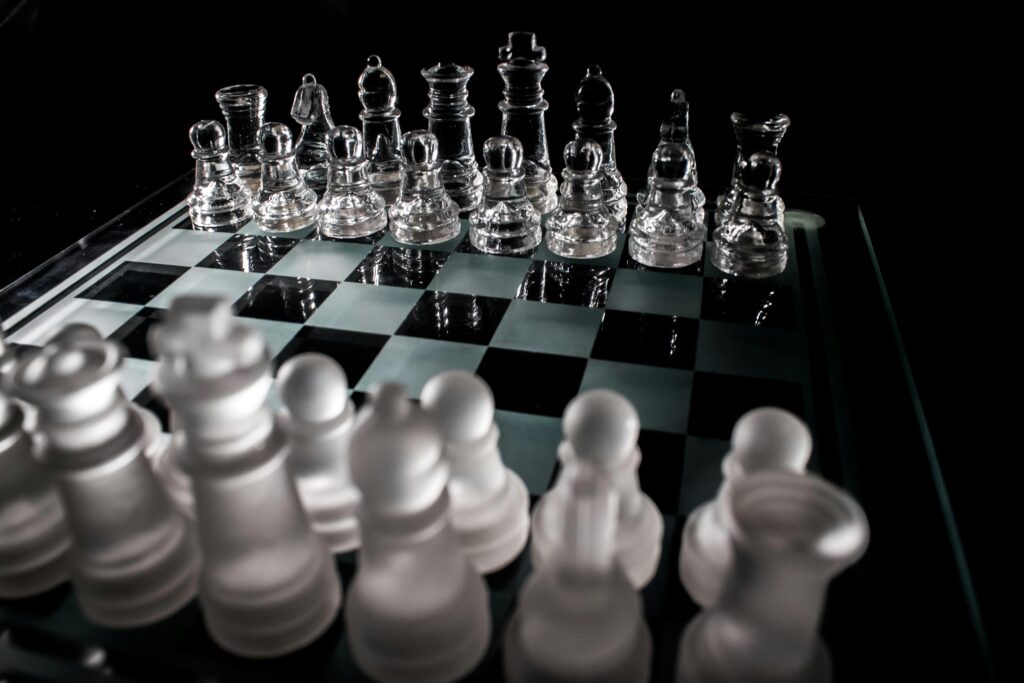
The Importance of Time Management in Chess
Importance of Chess Time is often considered the ultimate test of strategic thinking, with players navigating a complex landscape of pieces and positions. However, while many focus on the game’s intellectual and tactical aspects, the role of time is equally significant. This article explores why time management in chess is crucial, examining how the clock impacts strategy, decision-making, and overall performance.
Understanding Time Controls
In chess, time controls refer to the amount of time each player has to make their moves. These controls vary depending on the format of the game:
- Classical Chess: Players usually have a longer time frame, typically from 30 minutes to two hours per player. This format allows for deeper analysis and careful planning.
- Rapid Chess: Each player has 10 to 25 minutes to complete all their moves. This format requires quicker decision-making while still allowing some depth of analysis.
- Blitz Chess: With just 3 to 5 minutes per player, blitz games demand speed and quick thinking.
- Bullet Chess: Players have less than 3 minutes to complete the game, resulting in an adrenaline-filled experience that tests reflexes and instincts.
Each format presents unique challenges, but they all share a common element: the clock influences every aspect of play, from opening strategy to endgame tactics.
The Clock as a Strategic Element
In the Importance of Chess Time, the clock isn’t just a mechanism for keeping track of time—it’s a strategic tool. Players use it to apply pressure, force errors, and shape the game’s pace. Here’s how time management plays a strategic role:
- Creating Time Pressure: Experienced players can put their opponents under time pressure by playing quickly and confidently. This tactic forces opponents into rushed decisions, increasing the chances of mistakes.
- Pacing the Game: Some players use the clock to control the pace of the game, slowing down or speeding up depending on the position and their strategy. Slower pacing can allow for deeper analysis, while faster pacing can disrupt an opponent’s rhythm.
- Capitalizing on Time Scrambles: In rapid and blitz formats, endgames often turn into time scrambles. Players with better time management skills can capitalize on these chaotic situations, maintaining composure and finding the best moves even with seconds on the clock.
Decision-Making Under Time Constraints
Time pressure significantly impacts decision-making in chess. Players must balance the need for deep analysis with the reality of limited time. Here’s how time constraints affect decision-making:
- Reduced Analysis Time: With less time, players can’t consider every possible move and outcome. This limitation forces them to rely on pattern recognition and experience.
- Increased Errors: Under time pressure, players are more likely to make Importance of Chess Time, miscalculate, or overlook critical moves. This risk makes time management even more crucial.
- Stress and Fatigue: Playing with limited time can be stressful and mentally exhausting. The ability to stay calm under pressure is a valuable skill in chess, allowing players to think clearly even in tense situations.
Developing Time Management Skills
Given the importance of time management in chess, players must develop skills to handle the clock effectively. Here are some tips for improving time management in chess:
- Practice with Different Time Controls: Playing games with various time controls helps players adapt to different formats and develop their decision-making skills under varying levels of pressure.
- Use Incremental Clocks: Increments give players a few extra seconds after each move, reducing the risk of time trouble. This feature can help players manage time more effectively in rapid and blitz formats.
- Learn to Prioritize Moves: In time-constrained games, players must identify key moves that shape the game. Learning to prioritize these moves helps players focus their time and energy where it matters most.
- Develop Pre-Game Routines: Establishing a routine before a game can help players enter the right mindset and manage their time more effectively from the start.
Conclusion
Time management is a fundamental aspect of chess that influences strategy, decision-making, and overall performance. Whether playing classical, rapid, blitz, or bullet chess, the clock plays a crucial role in shaping the game’s dynamics. By developing strong time management skills, players can navigate the challenges of limited time, maintain composure under pressure, and improve their overall game. Ultimately, mastering the clock is as Importance of Chess Time as mastering the board in the quest to become a successful chess player.





Leave Your Comment